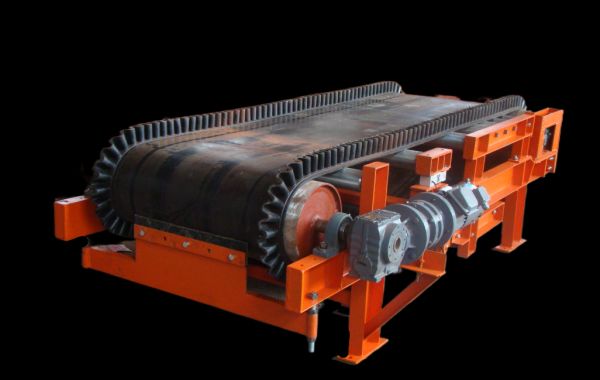Yes, speed regulating and batching belt scale systems, while powerful tools, do have some limitations to consider when evaluating their suitability for your specific application. Here's a breakdown of some key limitations:
Accuracy Considerations:
- Uneven Material Distribution: As mentioned earlier, uneven material distribution across the conveyor belt can significantly impact the accuracy of weight measurement. This can occur due to factors like irregular feeding patterns or lumpy materials. Belt training systems and scraper blades can help mitigate this, but for highly non-uniform materials, these systems might not be ideal.
- Belt Slippage:If the conveyor belt slips relative to the weighbridge section, the system might misinterpret the weight data. This can happen due to worn belts, insufficient tension, or overloading. Proper belt maintenance and tensioning are crucial for accurate operation.
Application Limitations:
- Very Fast Flow Rates:These systems might struggle with extremely high material flow rates. The control system might not be able to react quickly enough to rapid weight changes, potentially leading to inaccuracies.
- Delicate Materials: For fragile materials that can be damaged by high belt speeds or frequent starts and stops, these systems might not be the best choice. Alternative feeding methods with gentler handling might be necessary.
Additional Limitations:
- System Complexity:Compared to basic belt scales, speed regulating and batching systems involve more complex control components. This can increase initial investment costs and maintenance requirements.
- Material Properties: Dense, sticky, or clinging materials can pose challenges for these systems. The weight measurement might be affected if material adheres to the belt or the weighbridge. Choosing the right belt type and cleaning procedures can help alleviate this issue.
Alternatives to Consider:
If the limitations of speed regulating and batching belt scales outweigh the benefits for your specific application, here are some alternative options to consider:
- Gravimetric Feeders: These feeders use a precisely controlled variable-speed drive to regulate material flow. They offer excellent accuracy for batching but operate in a start-stop mode rather than continuous flow.
- Volumetric Feeders: These feeders control material flow by volume using mechanisms like screw feeders or vibratory feeders. They can be suitable for certain materials where volume measurement is sufficient.
- Loss-in-Weight Feeders:These feeders continuously weigh the material in a hopper and adjust the feeder speed to maintain a constant weight, offering good accuracy for batching.
By understanding the limitations of speed regulating and batching belt scales and considering alternative options, you can make an informed decision about the most suitable system for your specific material handling and batching needs. Consulting with a qualified belt scale supplier or engineer can help you evaluate your application requirements and recommend the optimal solution for accurate and efficient material control.






